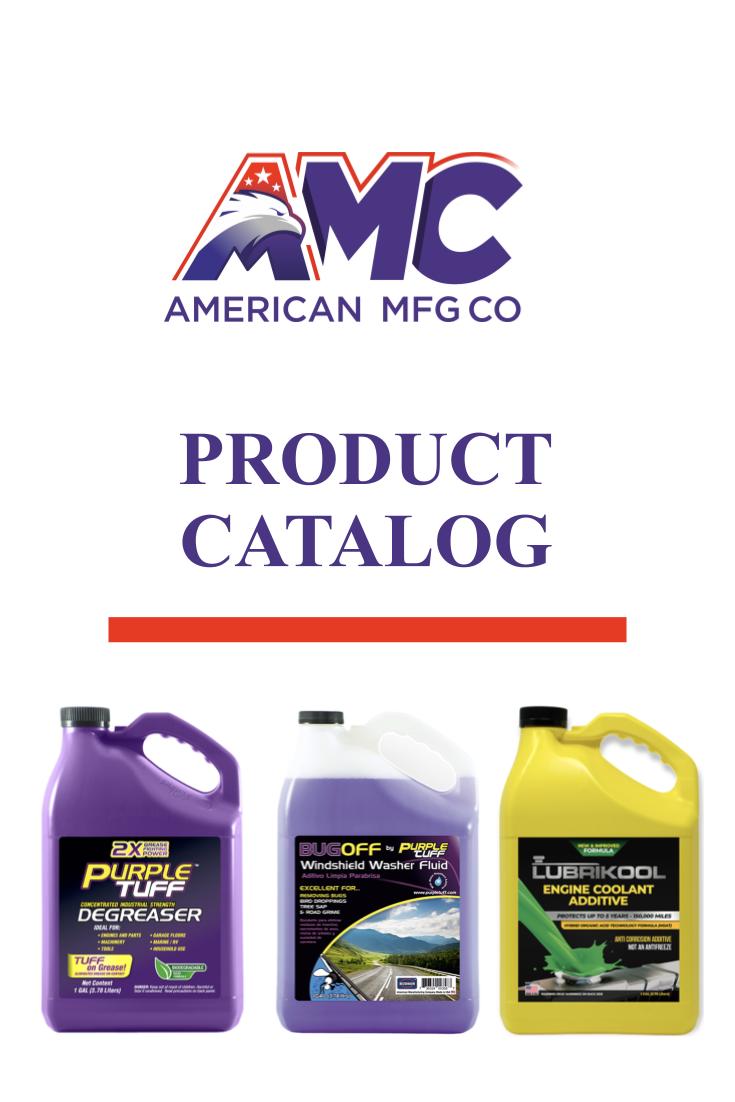Blog
Engine Oil Change and Choosing Windshield Washer Fluid: What to Include in Your Weekly Car Care

Are you wondering how to take care of your car? Don’t worry if you’re a beginner! You should start by choosing the best windshield washer fluid, engine oil, and battery, then check the brakes, tire pressure, and both the interior and exterior of your vehicle. Cars are like people; they require regular health checkups and maintenance. So, let’s dive into the world of car care!
Be Kind to Your Windshield
Your car’s windshield works hard, fighting dirt so you can drive safely. Remember, choosing the best windshield washer fluid can save your life on a rainy or snowy day. Additionally, a worn, bent, or damaged wiper blade can scratch your valuable windshield, trapping dirt particles. This makes the windshield look dull, reduces visibility, and puts your life at risk. Imagine someone getting hurt just because they didn’t bother to choose the right wiper fluid. You can polish your windshield to remove trapped dirt, but there are more permanent solutions. A weekly check of your wipers—removing them from the windshield and ensuring they are smooth, firm, and not broken—can really prevent major accidents. Also, clean the wiper blades weekly to prevent debris from getting underneath and scratching the glass.
Engine Oil for Your Car’s Work
The engine parts rub against each other as they operate, generating friction. Engine oil helps reduce this friction, allowing the engine to run efficiently, saving fuel. Engine oil lets the engine run smoothly, increases its lifespan, lowers its carbon footprint, and saves you costly repairs. Thanks to improved technology, cars typically require an oil change after 5,000 miles. For precise information, check your car’s manual. Constant movement of engine parts requires a lubricant to reduce friction. Oil also traps tiny metallic particles from engine components, making it thicker, darker, and more viscous.
The Battery Academy!
The battery is the powerhouse that allows your car to turn on all lights and many other functions. Corrosion and carbon buildup can damage battery terminals. Once the battery is damaged, it can cost over $300, plus towing fees if the car breaks down mid-trip. Use a wire brush and a baking soda-water solution to scrub and maintain the battery terminals for optimal performance.
Brakes Need Fluid
You’re driving at 60 mph, a truck stops suddenly just ahead, and your brakes don’t respond. Guess why? There’s no fluid in the reservoir. Brake fluid is contained in a reservoir with an easy-to-read level indicator. Brakes have their own language—they signal when it’s time to replace brake pads with squealing noises. But the fluid must be topped up to the maximum level to generate proper pressure so the brakes function normally. If you notice the fluid darkening weekly, it indicates a brake malfunction. Have it checked by a mechanic as soon as possible before something fails and the fluid leaks.
Ensure Optimal Tire Pressure
Driving with tires inflated to the optimal level can improve fuel economy and prevent blowouts. Handling also improves with correct tire pressure. Overinflation can damage tires and cause faster wear. Moderation is key. Inflate tires according to the level specified in your car’s manual, not just the psi printed on the tire. Although many modern vehicles have built-in pressure monitors, you can also check pressure manually.
Cool It with Coolant
Time and again, you need something to keep you moving. The same goes for your car. You can keep your car in excellent condition by checking the radiator and AC coolant. Low coolant levels can corrode the radiator and cause leaks. Insufficient coolant can damage the heater, AC, and water pump. Understanding the role of coolants, no one would risk not checking the level. High-quality coolant can also protect the radiator. We’ve got you covered. You can order the best engine coolant in Miami, Florida, from American MFG.
Care for Both Exterior and Interior
We all like a fresh-smelling interior and a dazzling finish. And we all know how important car paint is for aesthetics. Why let it rust? Washing your car regularly is an excellent way not only to keep it looking great but also to remove dead bugs, bird droppings, dirt, and chemical layers that can wear away wax and eventually damage paint. Wash your vehicle regularly depending on where you live, how much you drive, and the weather. If you live in a coastal city, for example, a weekly wash is necessary to remove salt, which can negatively affect the car body.
If washing your car yourself, don’t use household cleaners like hand soap or glass cleaner. These can strip protective wax. Instead, use a cleaner specifically designed for cars. Without a protective layer, your car can start to rust. You may choose a protective coating, which can be costly, or polish it regularly. Of course, the exterior isn’t the only thing to care for. Dirt buildup in your engine can cause long-term damage. After the engine cools, use a damp cloth to remove small debris from inside the engine. You can buy a cleaner specifically for engine interiors, but warm water and a towel also work. Cleaning your engine is an easy way to keep your car in top condition.
Bonus!
You can get all cleaners, degreasers, wipers, engine oils, and DEFs under one roof from one of the best automotive and industrial chemical manufacturers in the U.S., American MFG.




